
Chakras, meaning ”wheel” in Sanskrit, refer to the energy centers in the body, according to ancient Hindu and Buddhist beliefs. These energy centers are believed to be responsible for our physical, emotional, and psychological well-being. While chakras have become a significant part of many spiritual practices and holistic healing methods today, their origins can be traced back to ancient times.
Ancient Origins
The exact origins of chakras are uncertain, as they were not documented in texts until the Sanskrit scriptures, the Vedas, were written in 1500-1000 BCE. However, it is believed that the concept of chakras originated even before these texts were written. Some experts suggest that chakras may have originated from the ancient shamanic traditions of the Indian subcontinent, while others believe it may have its roots in the spiritual practices of the Indus Valley Civilization.
The earliest mention of chakras can be found in the Vedas, where they are referred to as “cakras” and described as spinning wheels of energy. These chakras were considered to be the seven centers of spiritual power and were associated with different deities and mantras. The ancient texts also mention methods of balancing and activating the chakras through meditation and pranayama (breathing exercises).
Buddhist Influence
The concept of chakras was further developed in Buddhist teachings and practices. The teachings of Buddha, specifically the Theravada and Mahayana traditions, included subtle energy channels called “nadis” and energy centers called “cakras.” These were believed to be interconnected with the body and mind, affecting our overall well-being and spiritual growth.
The Mahayana tradition introduced the concept of subtle bodies, which included the chakras and nadis along with other energy channels. The Buddhists believed that understanding and balancing these energies would lead to a state of enlightenment.
Chakra System in Tantric Practices
The chakra system also plays a significant role in the Hindu tantric practices. Tantra means “to weave” or ”to expand,” and it aims to expand one’s awareness and consciousness. The tantric practitioners believe that the human body is a microcosm of the universe, and the chakras represent the different aspects of the human experience. Therefore, understanding and activating the chakras could lead to self-realization.
The tantric texts, like the Puranas and the Tantras, describe different chakra systems and their significance. The seven chakra system, as we know it today, is believed to have been developed during this period, with each chakra representing a specific element, color, sound, and deity.
Modern Interpretation of Chakras
In the 20th century, chakras gained popularity in the Western world, with the growing interest in Eastern spirituality and alternative healing methods. This led to the chakras being incorporated into various spiritual practices, such as yoga, meditation, and Reiki.
Today, there are many different interpretations of the chakra system, with some even incorporating more than seven chakras. While the traditional beliefs and practices surrounding chakras are still prevalent, modern interpretations have also emerged, with a focus on balancing and healing the chakras through crystals, essential oils, and other healing modalities.
The Impact of Chakras
Whether you believe in the traditional or modern interpretation of chakras, there is no denying their impact on spirituality and holistic well-being. The concept of chakras has inspired people to explore their inner selves, to seek balance and harmony, and to deepen their spiritual practices.
The origins of chakras may be ancient, but their relevance and significance continue to grow in today’s world. With the increasing stress and chaos in the modern world, the chakra system offers a path to self-discovery, inner peace, and spiritual growth. So, whether you are a believer or a skeptic, there is no harm in exploring the world of chakras and finding out what they have to offer.
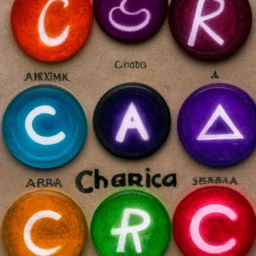
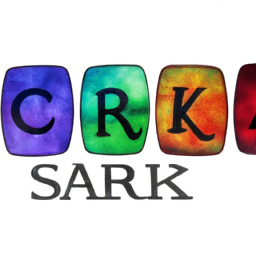
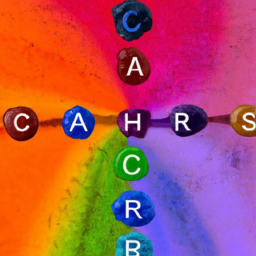
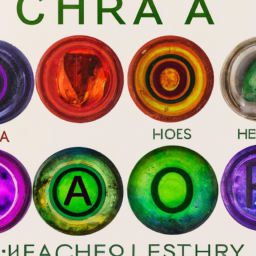
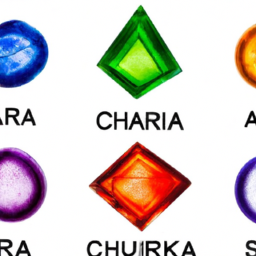
Fascinating topic! I’m looking forward to learning more.
WeeWeeWa: Intriguing! Can’t wait to read about it.
Agreeing with the previous comments, “This is an important and interesting subject to explore!”
This is an important and interesting subject to explore!